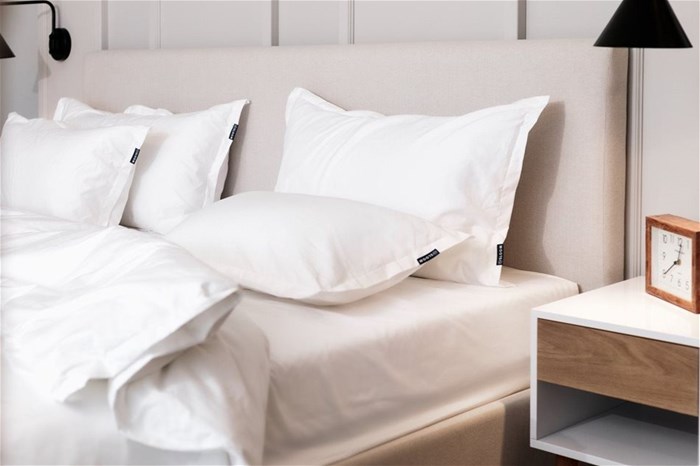
Factors such as work schedules, lifestyle choices, and environmental factors contribute to insufficient sleep duration which can lead to sleep disorders, including insomnia, sleep apnea, and restless legs syndrome, which are all prevalent in South Africa.
These conditions often go undiagnosed and untreated, leading to chronic sleep deprivation and related health issues.
As the world prepares to celebrate World Sleep Day on Friday, 15 March 2024, Sloom joins the global initiative to emphasise the importance of quality sleep for overall well-being.
With a mission to promote healthy sleep habits, Sloom’s founder, Rudo Kemp, offers valuable insights and tips to help individuals achieve a restful night's sleep.
Quality sleep is not just a luxury; it's a necessity for maintaining optimal physical, mental, and emotional health.
Kemp shares expert advice on cultivating better sleep habits:
Maintain a regular sleep-wake cycle by going to bed and waking up at the same time every day, even on weekends.
“Keeping a consistent sleep schedule is vital for your body to have optimal natural rhythms, promoting restorative sleep, and supporting overall health and well-being. By prioritising regular sleep patterns, you can reap the benefits of improved sleep quality, daytime functioning, and long-term health outcomes.“ says Kemp.
Wind down before bed with calming activities such as reading, gentle stretching, or meditation to signal to your body that it's time to sleep.
Ensure your bedroom is conducive to sleep by keeping it cool, dark, and quiet.
“Invest in a comfortable mattress and pillows that provide adequate support and that can be customised to your ideal sleep preference,” adds Kemp.
Education is key to choosing the right mattress. Familiarise yourself with various mattress terms and understand the differences between spring and memory foam mattresses. Spring mattresses offer traditional support with a bouncy feel, while memory foam mattresses contour to your body's shape, providing personalised comfort and reducing pressure points.
We hear it almost daily, yet everyone still struggles with this, but it is a hugely important part of getting the best quality sleep you can. Minimise exposure to electronic devices such as smartphones, tablets, and computers at least an hour before bedtime, as the blue light emitted can disrupt your body's natural sleep-wake cycle.
Avoid heavy meals, caffeine, and alcohol close to bedtime, as they can interfere with sleep quality. Stay hydrated throughout the day, but limit fluid intake before bed to reduce the likelihood of nighttime awakenings.
Kemp emphasizes, "Quality sleep is the foundation of a healthy lifestyle. By prioritising sleep and implementing simple yet effective strategies, individuals can experience improved mood, increased energy levels, and enhanced cognitive performance."